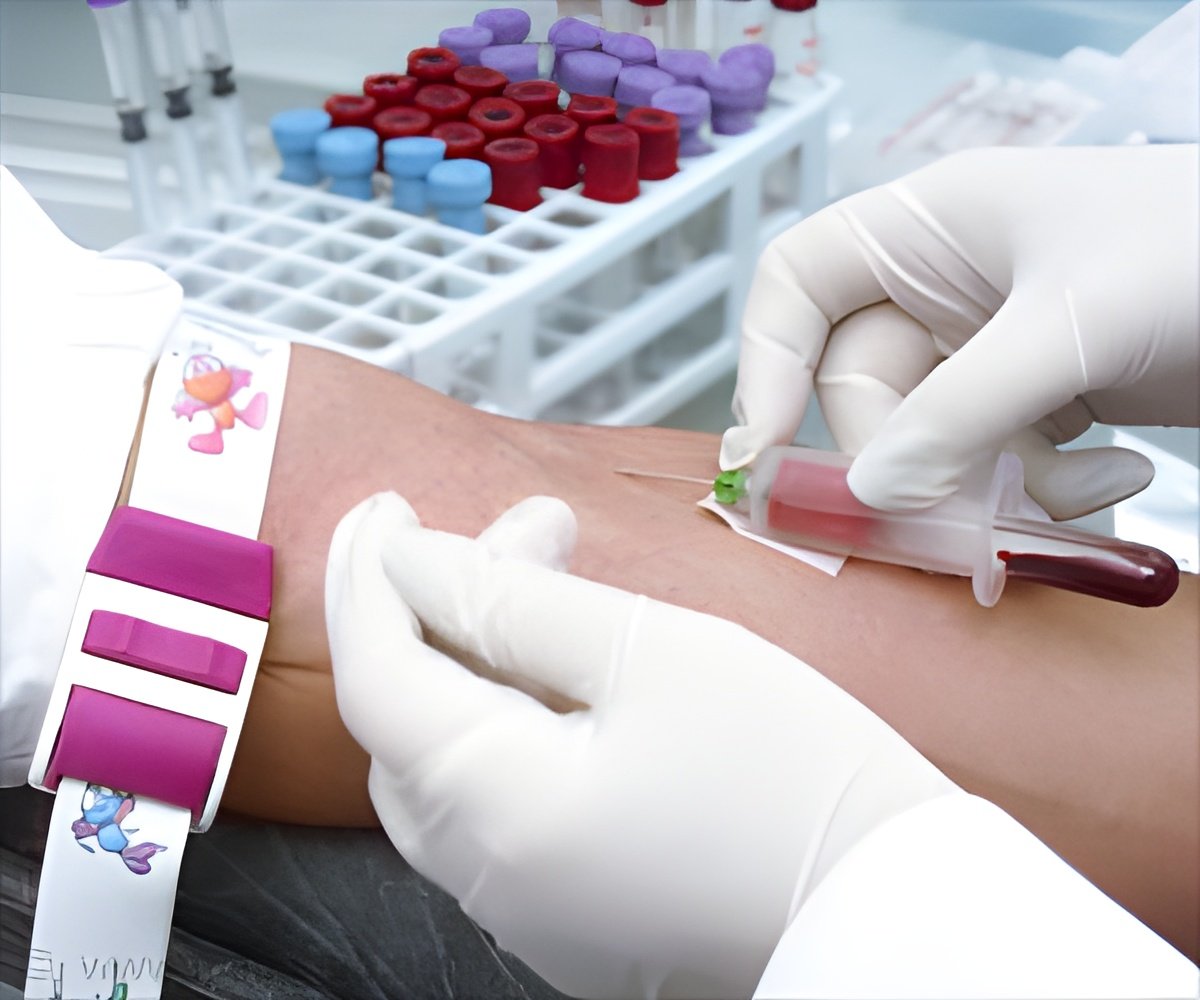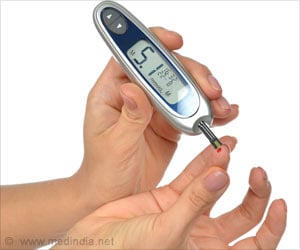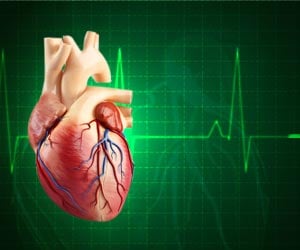The new blood test is a more sensitive troponin assay compared to standard versions as it can significantly detect lower levels of troponin in blood.

“Until now there were no quick ways to rule out a heart attack within the emergency department. We have identified a cardiac troponin concentration (less than 5 nanograms per liter, <5 ng/L) below which patients are at very low risk of heart attack either during the admission or in the ensuing 30 days,” said Dr. Anoop Shah, lead author, from the University of Edinburgh in the UK.
“These patients are therefore potentially suitable for immediate and safe discharge from the emergency department. These findings could dramatically reduce unnecessary hospital admissions and provide substantial cost savings for healthcare providers,” explained Shah.
“Over the last two decades the number of hospital admissions due to chest pain has tripled. The overwhelming majority of these patients do not have a heart attack,” Shah emphasized.
Chest pain is one of the most common reasons requiring hospitalization and nearly 1 million persons in the UK annually make a visit to the emergency department for chest pain.
Determining the cause of chest pain has traditionally required lengthy rule-out protocols checking serial blood tests (cardiac troponins) and cardiac monitoring, followed by a provocative stress test or some form of nuclear imaging before discharge to assess blood flow to the heart muscle through the coronary arteries.
Advertisement
Source-Medindia















